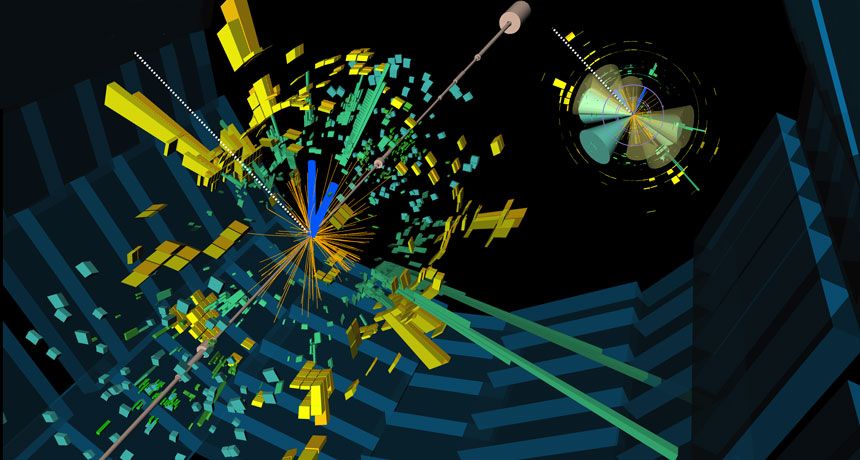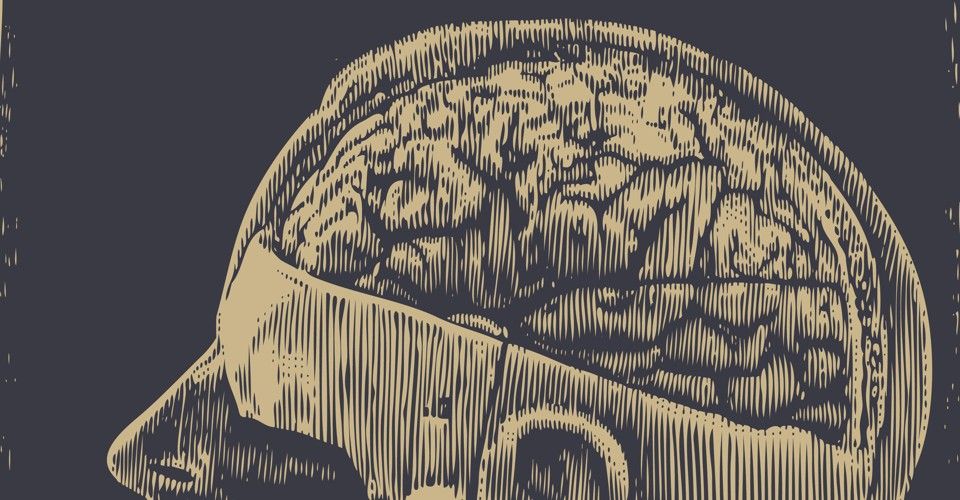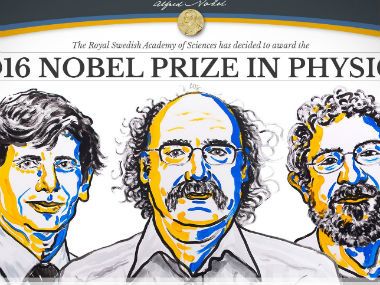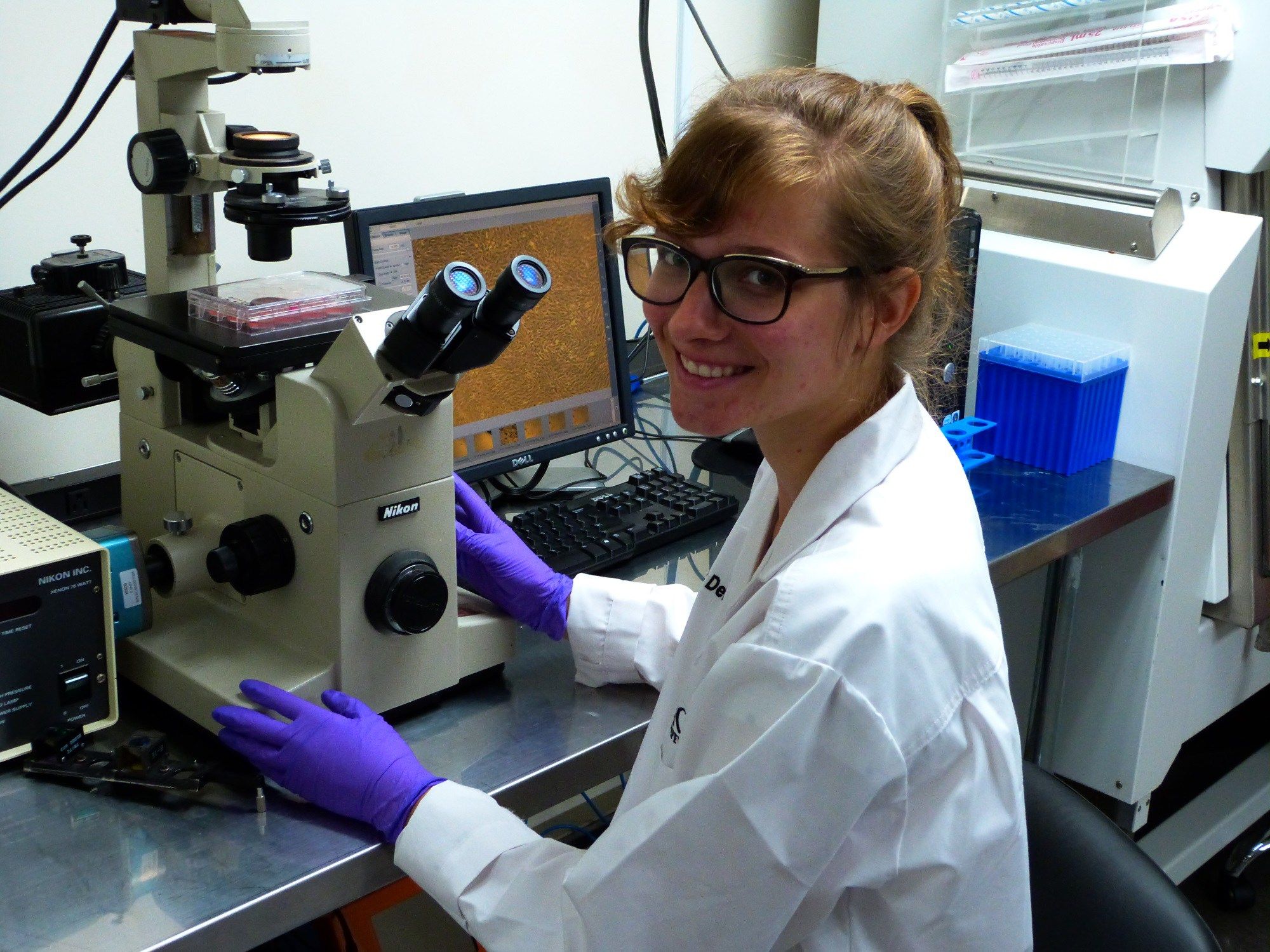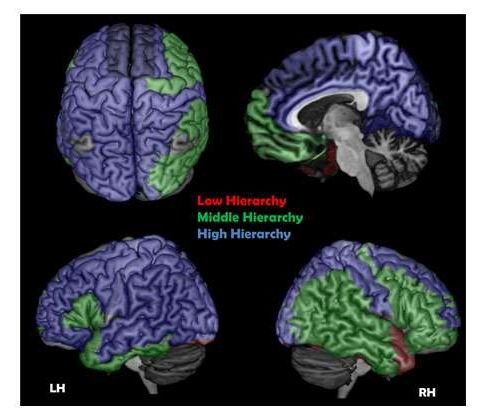Oct 23, 2016
Researchers solve the problem of the dimensions of space-time in theories relating to the LHC
Posted by Carse Peel in categories: mathematics, physics
Researchers at the universities of Valencia and Florence propose an approach to the experimental data generated by the Large Hadron Collider that solves the infinity problem without breaching the four dimensions of space-time.
The theories currently used to interpret the data emerging from CERN’s Large Hadron Collider (LHC), which have so far most notably led to the discovery of the Higgs boson, are poorly defined within the four dimensions of space-time established by Einstein in his Theory of Special Relativity. In order to avoid the infinities resulting from the calculations that these theories inspire, new dimensions are added in a mathematical trick which, although effective, does not reflect what we now know about our Universe.
Now though, a group of researchers at the Institute of Corpuscular Physics (IFIC, CSIC-UV) in Valencia has devised a way to side-step the infinity issue and keep the theory within the bounds of the four standard dimensions of space-time.
